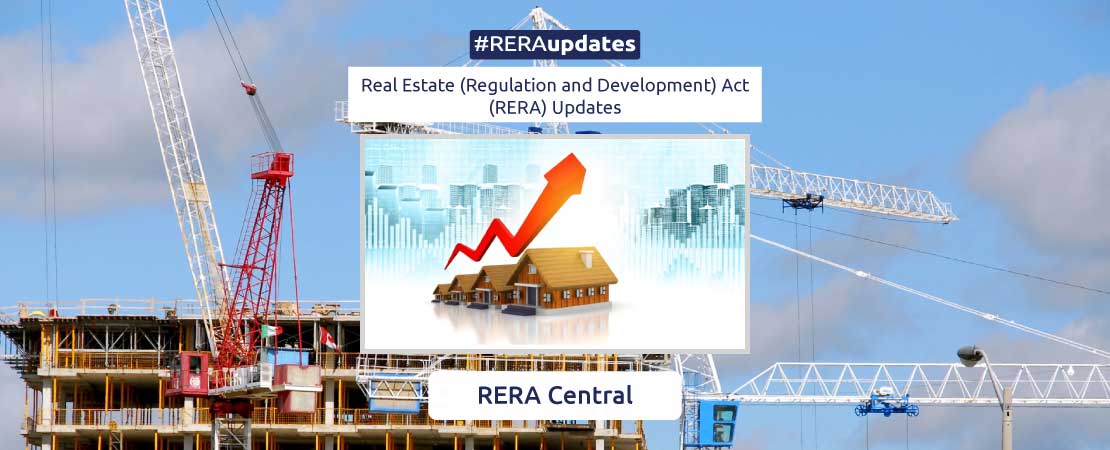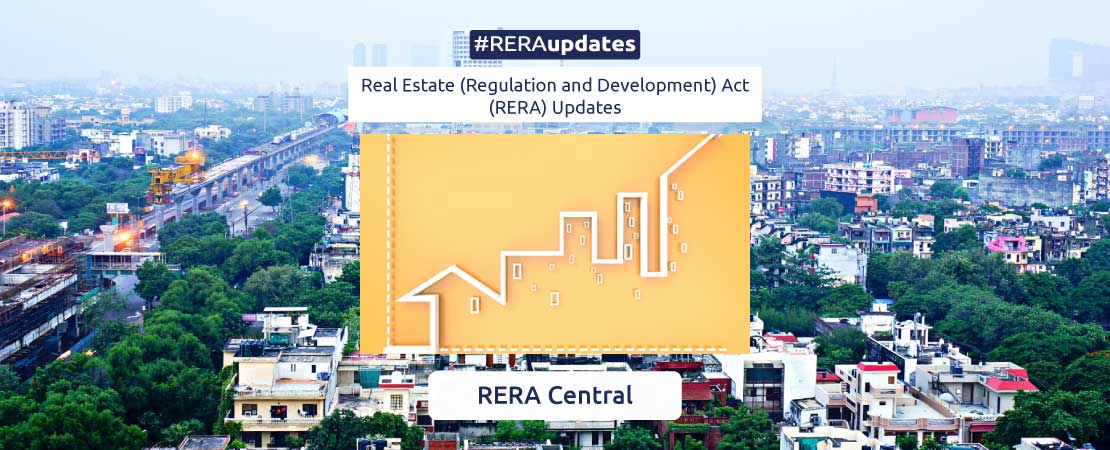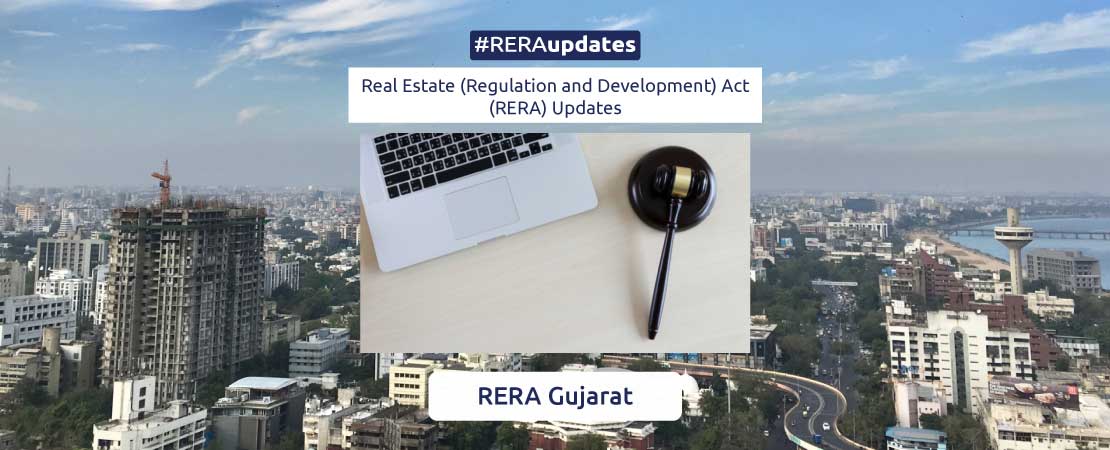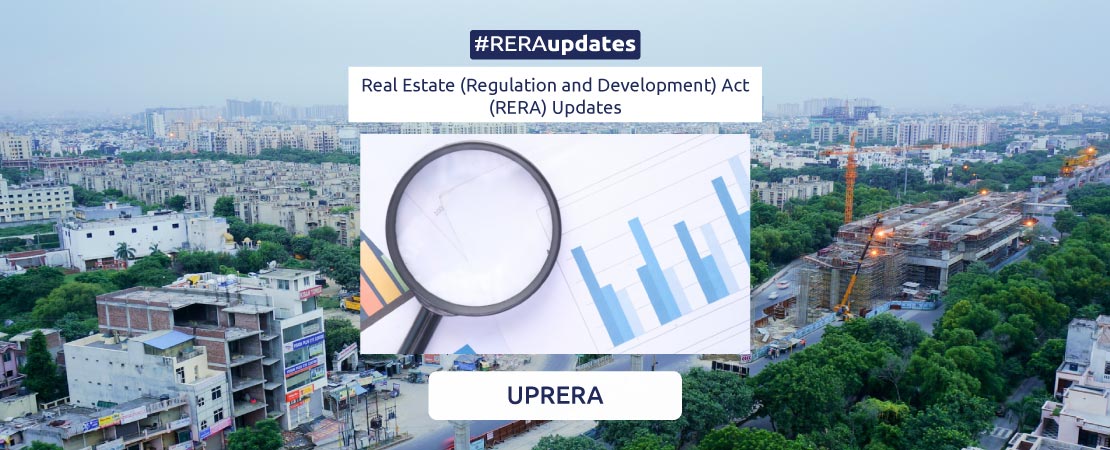The Real Estate (Regulation and Development) Act (RERA) has experienced a substantial surge in project registrations, marking a notable 63 per cent increase, reaching a total of projects as of November 2023. This surge is a significant leap from the approximately 71,307 projects registered by the end of November 2021, according to data from the Ministry of Housing and Urban Affairs.
Maharashtra emerged as the leader in project registrations, boasting 42,204 registered projects, followed closely by Tamil Nadu with 18,915 projects. This trend signals widespread adoption of RERA regulations across various regions.
From complaints to closure
The efficiency of RERA in addressing consumer complaints is evident in the rise in the disposal of cases over the last two years. The number of resolved complaints has increased from 78,903 cases in November 2021 to approximately 1,16,300 cases by November 2023. Uttar Pradesh has taken the lead in resolving complaints, with 44,602 cases disposed of since the inception of UP-RERA. Haryana and Maharashtra follow suit, collectively accounting for 69 per cent of the resolved cases.
The momentum of RERA is further underscored by the increase in real estate agent registrations, now totalling 82,755. This reflects a significant 47 per cent growth in the past two years. “More than 1.16 lakh consumer complaints have been handled by the various state and union territories’ RERA bodies,” said Anuj Puri, Chairperson, ANAROCK Group.
Nationwide RERA implementation
Dominating the nationwide implementation of the Real Estate (Regulation and Development) Act (RERA), Maharashtra takes the lead with 36 per cent of all registered projects, spanning across 34 states and Union Territories. Following closely, Tamil Nadu claims a 16 per cent share, while Telangana and Gujarat hold substantial shares of around 7 per cent and 11 per cent, respectively. A comprehensive adoption of RERA rules is evident across almost all states and UTs, with a few exceptions. Nagaland is currently in the process of finalising its notification, while West Bengal faced a legal setback, leading to the Supreme Court’s annulment of the West Bengal Housing Industry Regulation Act in March 2022. Amongst the states and UTs, 32 have established a Real Estate Regulatory Authority, and 28 have instituted a Real Estate Appellate Tribunal. However, certain regions, including Ladakh, Meghalaya, Nagaland, and Sikkim, are yet to formalise the establishment of their regulatory authorities and tribunals.
Source: https://www.republicworld.com/business/rera-project-registrations-reach-116117-up-63-since-2021/










